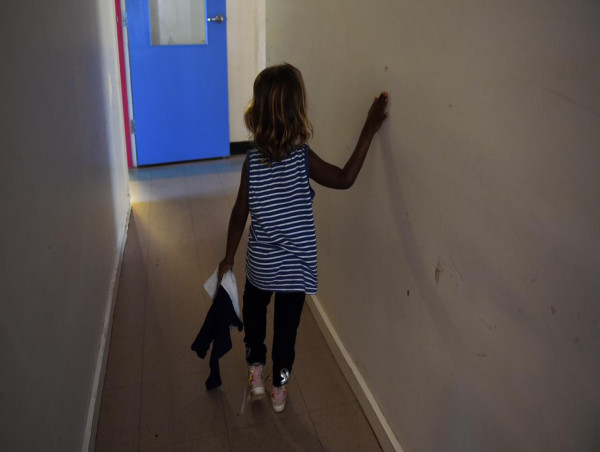One in six Australian children are living below the poverty line, a new report has found.
The Wellbeing of Australia's Children report by UNICEF Australia found that while the nation's kids are doing well across a range of areas, disadvantage still remains.
Indigenous children are seven times more likely to be in out-of-home care than the national average.
"Poverty ... remains stagnant and unacceptably high, and the formal education system remains increasingly inequitable," the report said.
"Indicators of physical and mental health are demonstrating emerging issues of childhood obesity linked to diet and sedentary lifestyle and increasing rates of psychological distress and suicide."
However, the report also found more than four in five Australian children attend preschool, while 91 per cent of children are fully immunised by age two.
Four in five young people also reported feeling they have a say among family and friends on important issues.
Social Services Minister Amanda Rishworth, who will launch the report in Sydney on Thursday, said measures were being carried out to address inequity levels among the country's children.
"This report highlights what Australia is doing well to support its children, and what we could do better. Much of this aligns with the steps we're already taking," she said.
"We are introducing the early years strategy, which will focus on our children's foundational early years from zero to five, to optimise their lifetime wellbeing and counter factors detrimental to their wellbeing across many areas."
The government's early years strategy is set to be released later this year, with a summary of the early childhood summit being handed down on Thursday.
The summary said the strategy would need to support not only children, but also parents, carers, families and the broader community.
It also said universal approaches would be needed, but not identical ones, to ensure the strategy could be adapted for local communities.
Early Childhood Education Minister Anne Aly said the strategy would improve co-ordination between federal programs and areas that impact child development.
"If we get those vital first five years right, we're able to change the trajectory of a child's life," she said.
"The strategy will be informed by evidence and data along with the voices of children, their families, academics and expert representatives from the industry."






